Breaking News Dispatch: Alzheimer’s International Conference
Written By: BrightFocus Editorial Staff
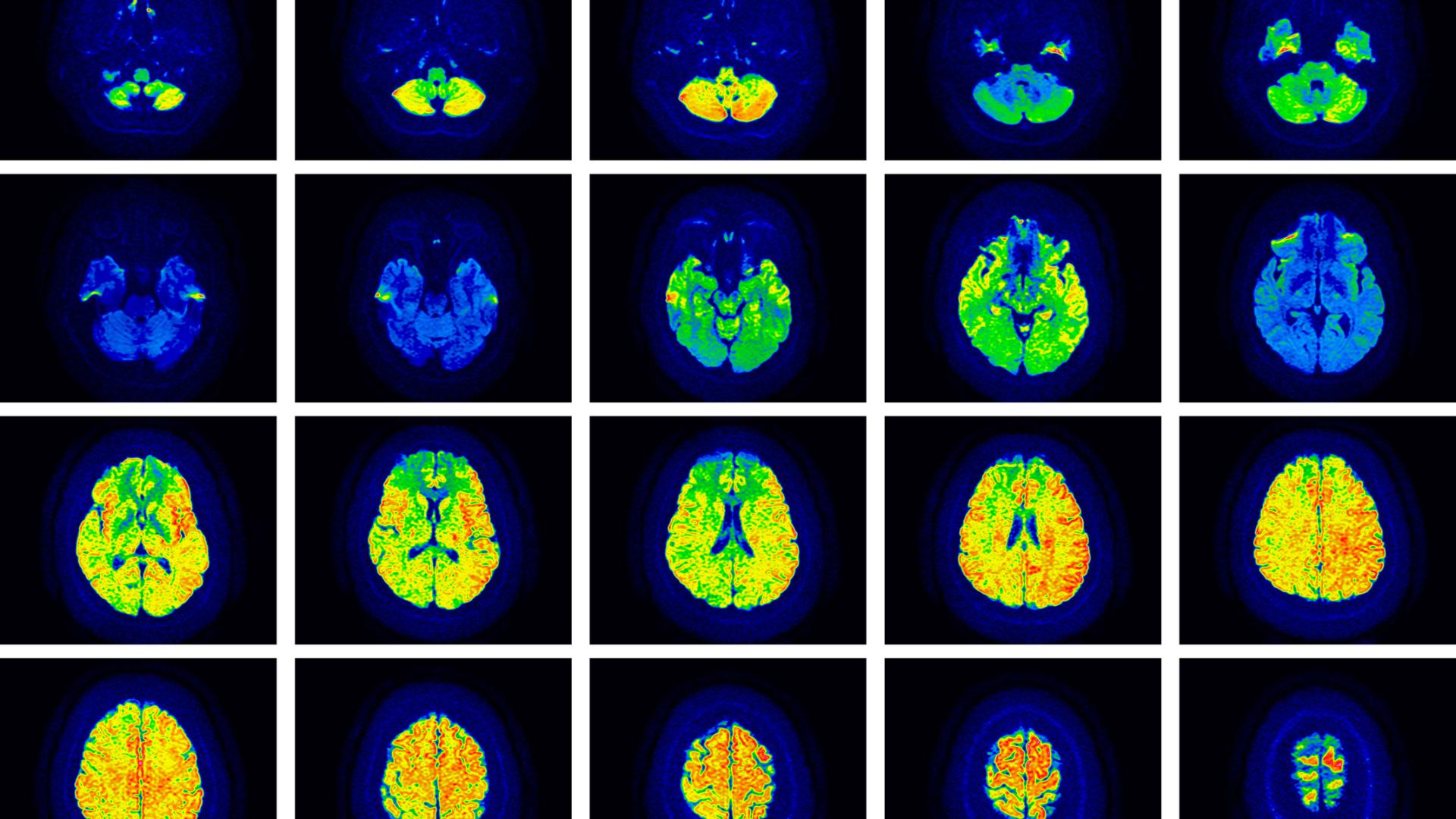
Written By: BrightFocus Editorial Staff

Alzheimer’s Disease Research, a BrightFocus Foundation program, was on the ground at the 2024 Alzheimer’s Association International Conference (AAIC) in Philadelphia to share insights on the latest research and foster scientific collaboration. Over 8,500 researchers, healthcare professionals, and industry leaders presented their study findings and discussed hot topics in Alzheimer’s research, including new blood tests, available disease-modifying treatments, wildfire smoke and dementia risk, and more.
“While the scientific advancements were impressive, the most exhilarating aspect was the palpable momentum,” BrightFocus’ Director of Neuroscience Programs Dr. Sharyn Rossi shared. “The excitement and urgency to deliver treatments and cures to combat the growing pandemic of Alzheimer’s disease and related dementias were truly infectious.”
Catch up on a few of the top headlines from AAIC below.
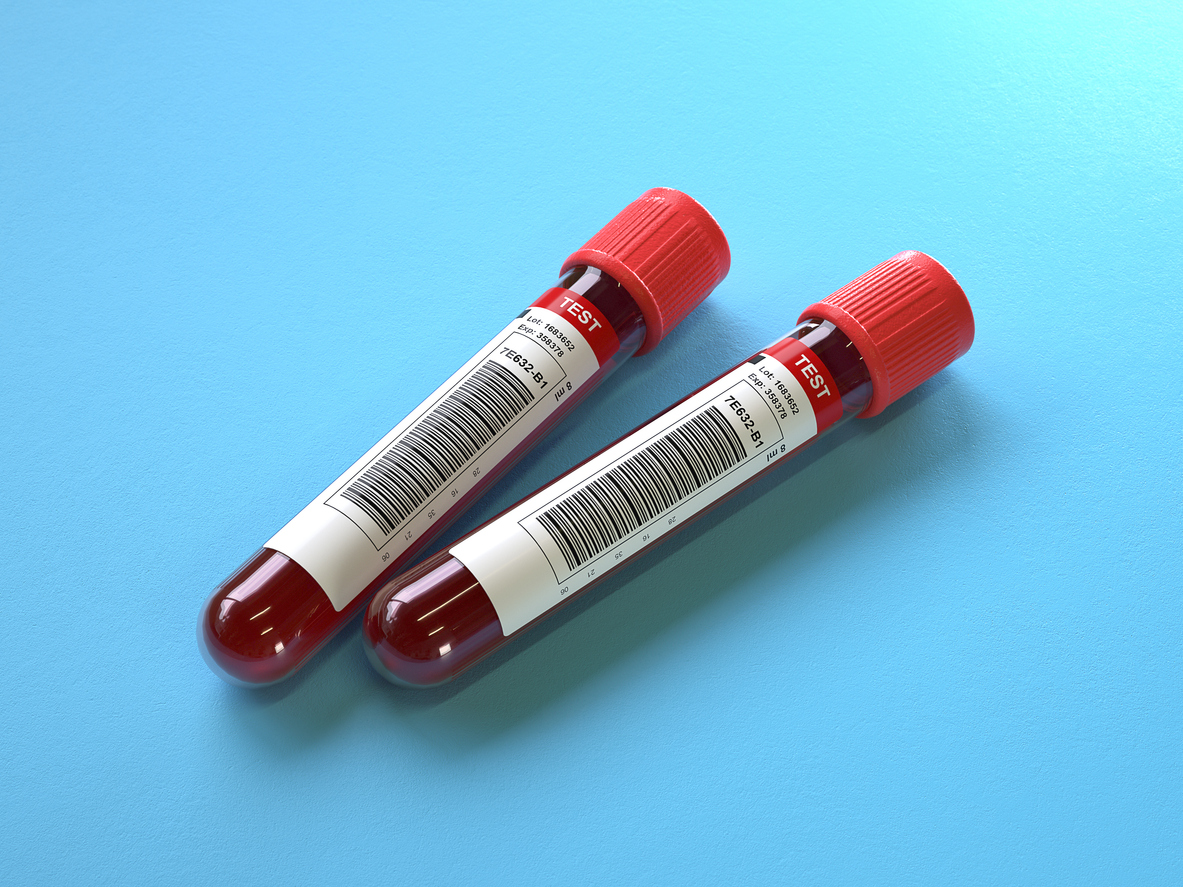
A landmark clinical study published in JAMA showed that C2N Diagnostics’ PrecivityAD2™ blood test delivers an Alzheimer’s diagnosis with similar accuracy to more invasive and expensive methods like a spinal tap or specialized brain imaging. BrightFocus Foundation’s Alzheimer’s Disease Research provided early-stage funding to C2N to fuel their work. Today, their blood test could improve the accuracy of an Alzheimer’s diagnosis in primary care settings.
The company shared in a statement that the blood test exhibited a high accuracy of over 90% in diagnosing Alzheimer’s disease. Primary care physicians diagnosed Alzheimer’s pathology with only 61% accuracy when relying on standard procedures, including clinical examination, cognitive testing, and a CT scan.
“The results of this study support the idea that a high-performing blood test has the potential to revolutionize the diagnostic work-up of Alzheimer’s disease in primary care. Primary care settings are where the vast majority of individuals with cognitive symptoms will be managed in the coming decades as secondary and tertiary healthcare providers do not have the resources to handle this patient volume,” said Dr. Sebastian Palmqvist, associate professor of neurology at Lund University and lead study author.
Learn more about available Alzheimer’s disease blood tests.
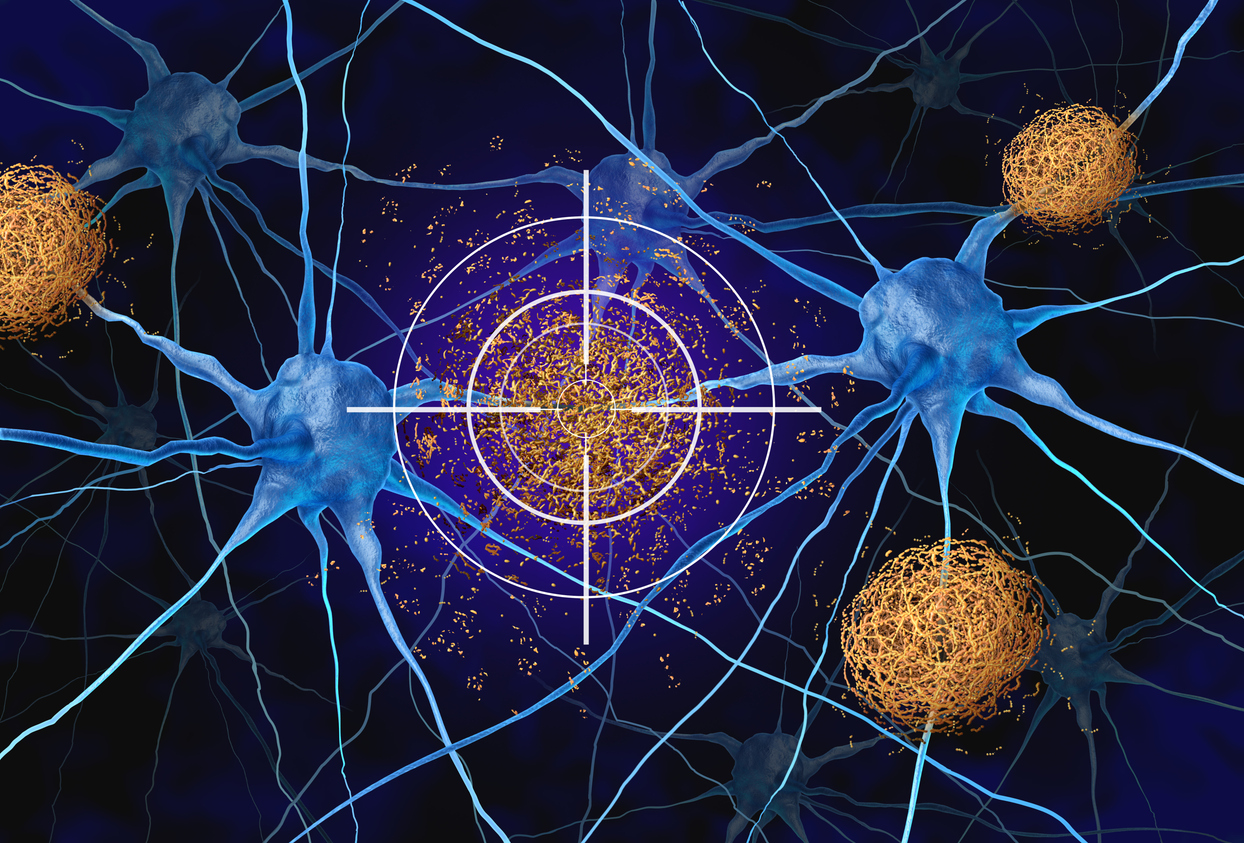 The Food and Drug Administration (FDA) approved Kisunla (donanemab) in June after the drug received unanimous backing from top advisors.
The Food and Drug Administration (FDA) approved Kisunla (donanemab) in June after the drug received unanimous backing from top advisors.
“Kisunla demonstrated very meaningful results for people with early symptomatic Alzheimer’s disease, who urgently need effective treatment options. We know these medicines have the greatest potential benefit when people are treated earlier in their disease, and we are working hard in partnership with others to improve detection and diagnosis,” said Anne White, executive vice president and president of Lilly Neuroscience, Eli Lilly and Company, in a statement.
Eli Lilly shared insights from its ongoing TRAILBLAZER-ALZ 2 clinical trial on managing amyloid-related imaging abnormalities, a known side effect of Kisunla and its competitor, Leqembi. From its clinical trials, the researchers created the largest trial safety dataset for an amyloid-targeting therapy. Using machine learning models, they identified top predictive risk factors for the side effect, including the Alzheimer’s risk gene APOE4. The company said that ARIA can be managed during Kisunla treatment by identifying high-risk individuals, instilling a monitoring schedule, and adjusting treatment if needed.
Lilly researchers also discussed the potential benefits of a limited treatment period. During the trial, 69% of participants receiving Kisunla had enough amyloid clearance to go off treatment by 76 weeks. After stopping treatment, amyloid levels remained low throughout the remaining study duration. However, amyloid does re-accumulate at a natural rate after treatment, and it is unclear how long of a treatment break individuals may get.
 The company reflected on the latest results from multiple Leqembi (lecanemab) clinical trials to determine if those receiving the drug would benefit from continued treatment, called maintenance dosing.
The company reflected on the latest results from multiple Leqembi (lecanemab) clinical trials to determine if those receiving the drug would benefit from continued treatment, called maintenance dosing.
Eisai researchers shared data from a gap period between the Phase 2 clinical trial and the beginning of an open label extension—a study that extends the trial, if a drug is found effective, to determine long-term efficacy and safety of treatment. The data “suggested the importance of continued administration of [Leqembi],” the company shared in a statement.
Researchers also shared the latest data at 36 months of treatment from the Phase 3 Clarity AD trial and open label extension.
“Alzheimer’s disease (AD) is a progressive and relentless disease caused by a continuous underlying neurotoxic process. There is an urgency to treat because early and ongoing treatment can slow the progression of Alzheimer’s disease. The earlier mild cognitive impairment (MCI) due to AD and mild AD dementia are diagnosed and treated, the greater the opportunity for the patient to benefit,” said Michael Irizarry, MD, deputy chief clinical officer and senior vice president of clinical research at Eisai Inc.
Read this article to get the facts on Leqembi.

A 10-year study of more than 1.2 million southern Californians found that exposure to wildfire smoke has a stronger association with dementia risk than other air pollutants like motor vehicles and factories. These sources all emit fine particulate matter (PM2.5)—a type of air pollution previously linked to other health conditions.
The study authors said in a statement that people should keep their home air filtration system updated, avoid going out when air quality is poor, and wear an N95 mask outside when the Air Quality Index reaches 100 to lower their risk.
“Previous research has found that exposure to PM2.5 is associated with dementia, but in light of our large, long-term study, it’s apparent the risk from exposure due to wildfire smoke is an even bigger concern,” said Holly Elser, MD, PhD, the study’s first author. “Air pollution produced by wildfires now accounts for more than 70% of total PM2.5 exposure on poor air quality days in California. This is a real problem.”
Air pollution is one of 14 dementia risk factors recognized by the Lancet Commission at the conference, including vision loss—an area in which BrightFocus Foundation has supported scientists and raised awareness.
Find more ways to protect your brain health and reduce dementia risk.
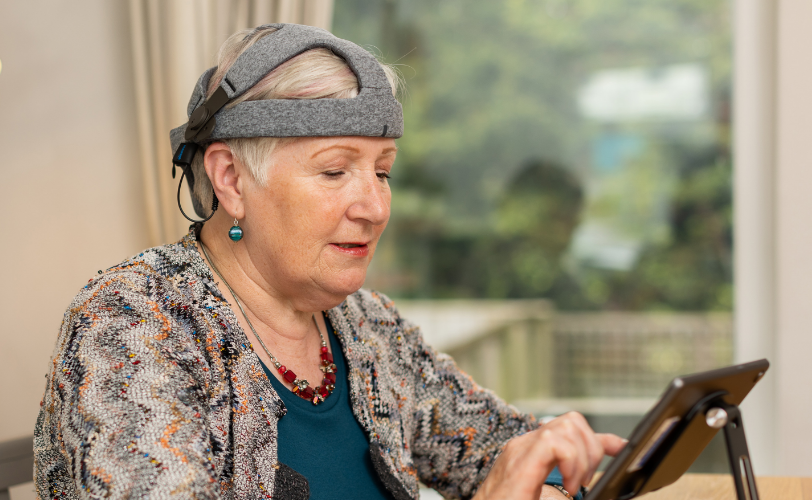
Cumulus Neuroscience received award recognition from Fast Company’s Most Innovative Medical Device Companies this year for creating the Cumulus Neuroassessment Platform—a headset and tablet used to test brain function in nine ongoing research studies to date. The medical device received approval from the FDA for use in clinical research in 2023.
The company shared a full analysis of its study with the University of Cambridge, called CNS-101, using the platform to evaluate brain function at home in participants with mild Alzheimer’s disease. They concluded that their platform detects dementia as precisely as a traditional method for cognitive assessment.
“Traditional measures used in Alzheimer’s clinical studies lack objectivity, do not scale to support large real-world studies, and require patients to attend clinic appointments which can be highly stressful, impacting results,” said Brian Murphy, PhD, founder and chief scientific officer of Cumulus, in a statement. “Importantly, these measures do not provide a clear picture regarding neurological health in a patient’s day-to-day life. We need scalable digital biomarkers that enable objective, longitudinal measurement of brain function in a real-world setting.”
Non-invasive tools may also one day be used for treating this disease. Alzheimer’s Disease Research supports ongoing research into using non-invasive techniques for Alzheimer’s treatment. Learn more about our funded scientists.
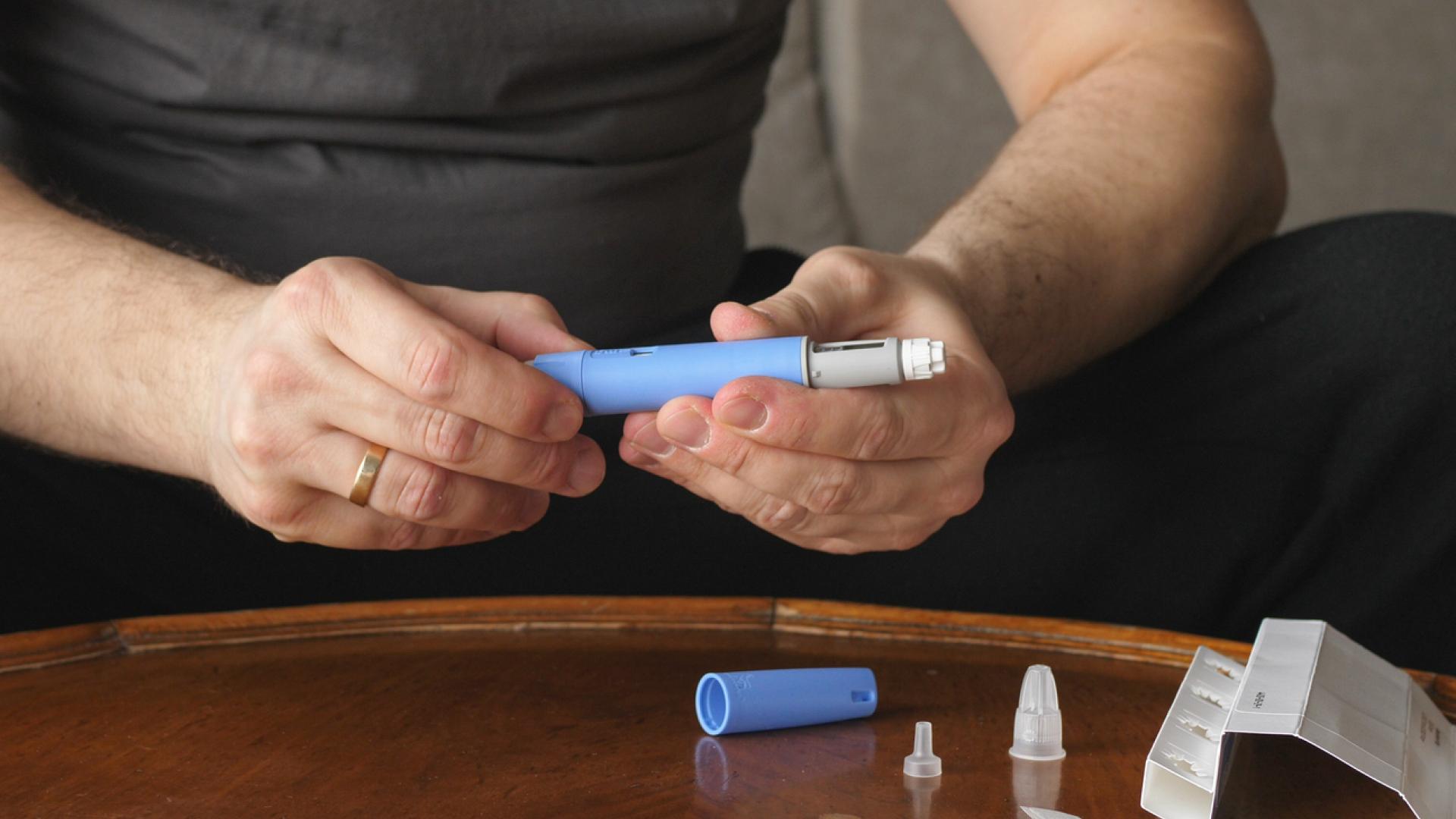
Liraglutide, an older Ozempic-like drug, showed promise in protecting the brain against Alzheimer’s in a Phase 2 clinical trial. The small study adds to a growing body of evidence supporting the potential use of this drug class for Alzheimer’s treatment.

Dr. Melissa Murray and Dr. Jeffrey Cummings chaired a scientific session sharing perspectives on how to conduct future Alzheimer’s clinical trials. Speakers agreed that scientists need to deepen their understanding of the disease, explore combination therapies, and increase collaboration between researchers and the Alzheimer’s
community.
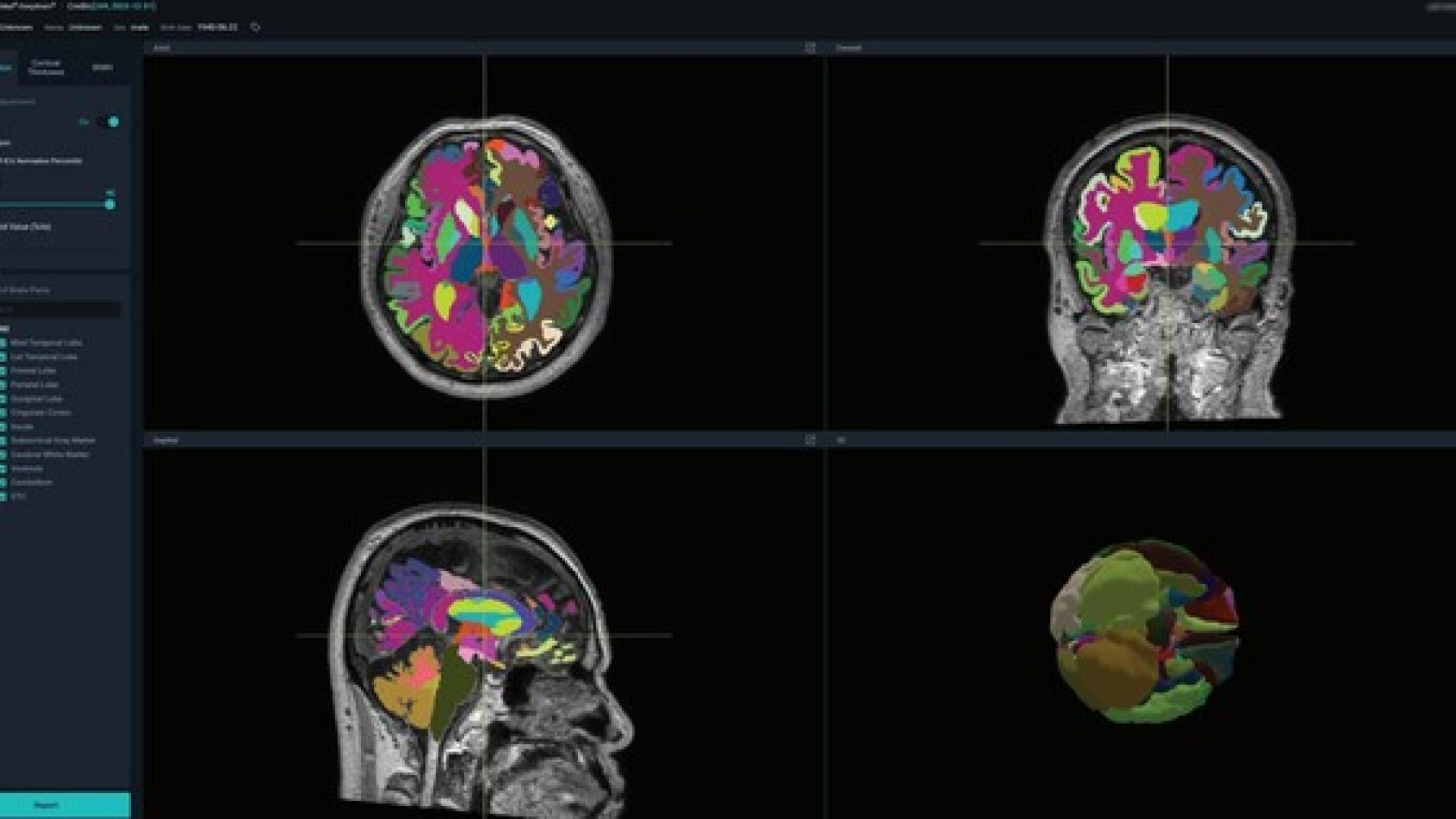
Korean medical company VUNO launched its AI-based brain imaging analysis medical device, VUNO Med-DeepBrain, in the U.S. market. The device helps physicians in diagnosing different types of dementias, including Alzheimer’s disease, vascular dementia, and
frontotemporal dementia.
Alzheimer’s Disease Research was well represented at the conference. Over 40 Alzheimer’s Disease Research-funded scientists presented, including Dr. Timothy Miller and Dr. Henne Holstege, who spoke on hot topics to the entire conference, and previous Zoom In on Dementia & Alzheimer’s speaker Dr. Reisa Sperling.
Dr. Sharyn Rossi shared insights with scientists about applying for research funding alongside other leaders in the field, while BrightFocus Foundation’s Vice President of Scientific Affairs, Dr. Diane Bovenkamp, was invited to speak on an interactive panel focused on promoting international Alzheimer’s disease and related dementia (ADRD) research collaborations. “We can accelerate ADRD research and support early and mid-career scientists over the funding ‘valley of death’ much better when we work together,” said Dr. Bovenkamp. “When we approach temporary roadblocks in research or data sharing with creative monetary and non-monetary solutions, then we all win, including affected individuals benefiting from acceleration towards better diagnoses, preventions and treatments.”
View Alzheimer’s disease resources and learn more about the innovative research funded by BrightFocus Foundation’s Alzheimer’s Disease Research program.
Did you miss our Breaking News Dispatch from the International Conference on Alzheimer’s and Parkinson’s Disease? Read it here.
This Breaking News Digest is supported by educational funding from Eli Lilly & Company.
BrightFocus Foundation is a premier global nonprofit funder of research to defeat Alzheimer’s, macular degeneration, and glaucoma. Since its inception more than 50 years ago, BrightFocus and its flagship research programs—Alzheimer’s Disease Research, Macular Degeneration Research, and National Glaucoma Research—has awarded more than $300 million in research grants to scientists around the world, catalyzing thousands of scientific breakthroughs, life-enhancing treatments, and diagnostic tools. We also share the latest research findings, expert information, and resources to empower the millions impacted by these devastating diseases. Learn more at brightfocus.org.
Disclaimer: The information provided here is a public service of BrightFocus Foundation and is not intended to constitute medical advice. Please consult your physician for personalized medical, dietary, and/or exercise advice. Any medications or supplements should only be taken under medical supervision. BrightFocus Foundation does not endorse any medical products or therapies.
Every Donation is a Step Forward in the Fight Against Alzheimer’s
Your donation powers cutting-edge research and helps scientists explore new treatments. Help bring us closer to a cure and provide valuable information to the public.
Donate Today